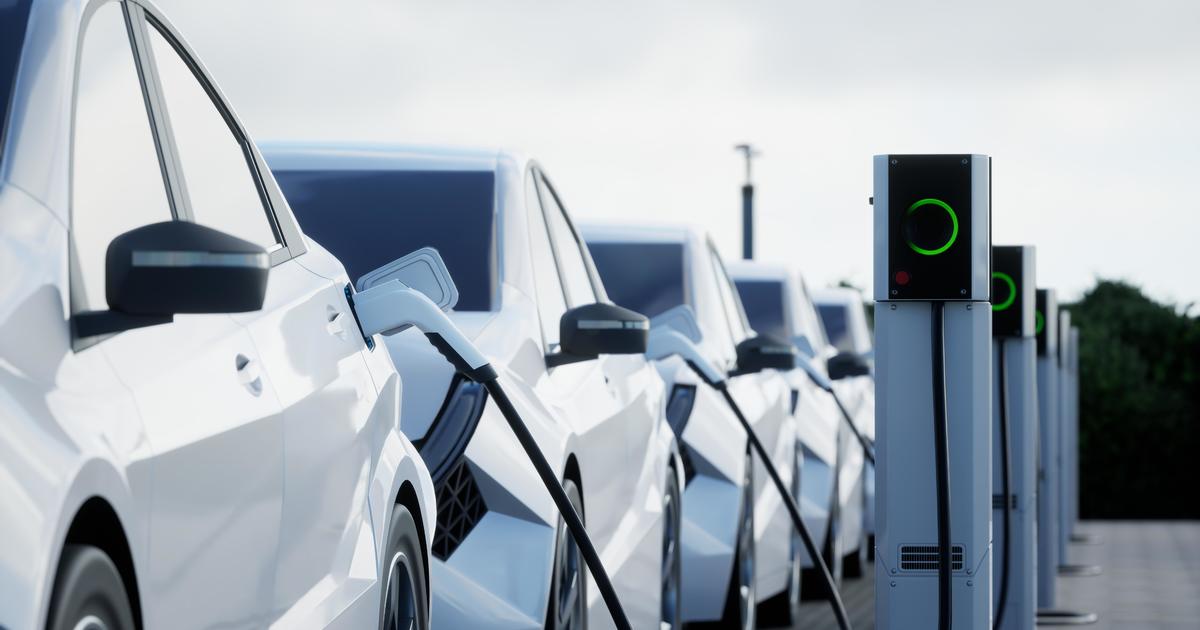EVs Pay Taxes In Their Own Way, Study Finds
ANN ARBOR -- In some states around the country, legislators have responded to the declining revenues from gas taxes by calling for a special tax on electric vehicles, an approach that a new study from Ann Arbor's Ecology Center says isn't justified.
Charles Griffith of the Ecology Center says the extra tax is supposed to make up for the "free ride" electric vehicles get because they don't contribute to the highway maintenance funds generated by the gas tax.
"But the fact of the matter is that electric vehicles contribute more to states' bottom lines via their registration fees and sales taxes than conventional vehicles do," according to Griffith, climate and energy program director at the Ecology Center.
The Ecology Center is one of the founding members of the Built by Michigan campaign, a coalition of manufacturers, unions, local communities, utilities, environmental groups and others working to promote the manufacturing and sales of electric vehicles in Michigan. The organization has completed an analysis (www.builtbymichigan.org/docs/EVsPayTheirWay.pdf) and generated a fact sheet to document the tax revenues generated by electric vehicles.
"While it is true that electric vehicles do not burn gasoline and so do not contribute to the gas tax, electric vehicles generate more in registration fees and sales taxes because of their relatively higher sales prices," Griffith says. "Compared to their non-electric counterparts, electric vehicles contribute more gross revenue and more revenue per mile driven to the state coffers, so saying that electric vehicles get a 'free ride' on our highways is simply not true."
Imposing an additional tax on electric vehicles could end up costing states like Michigan in the long run, dampening sales of a product that has a lot of potential to generate jobs for workers and new economic opportunities for auto and advanced-battery manufacturers.
And in reality, while electric vehicle sales have been rising, they are still a very small part of the market, so imposing a new tax on them wouldn't raise nearly enough money to overcome the shortfall states are facing from declining gas-tax revenues. Those revenues have been declining for a number of reasons including greater fuel economy in traditional vehicles and changing driving habits leading to fewer miles driven overall.
"Instead of trying to strangle this new opportunity in its cradle, state and local governments should be doing all they can to support it," Griffith says. "Imposing a special tax on electric vehicles could have terrible effects on Michigan's opportunity to put the world on electric-powered wheels."
What should states be doing instead?
"Adding electric vehicles to state and municipal fleets is one idea," Griffith says. "Financial incentives for more EV charging stations would be another. Instead of looking for ways to tax them, we should be making it easier for people to buy and drive them."
Built by Michigan is gathering signatures on a petition to present to Michigan policymakers advocating some of those ideas.
More at www.ecocenter.org.



